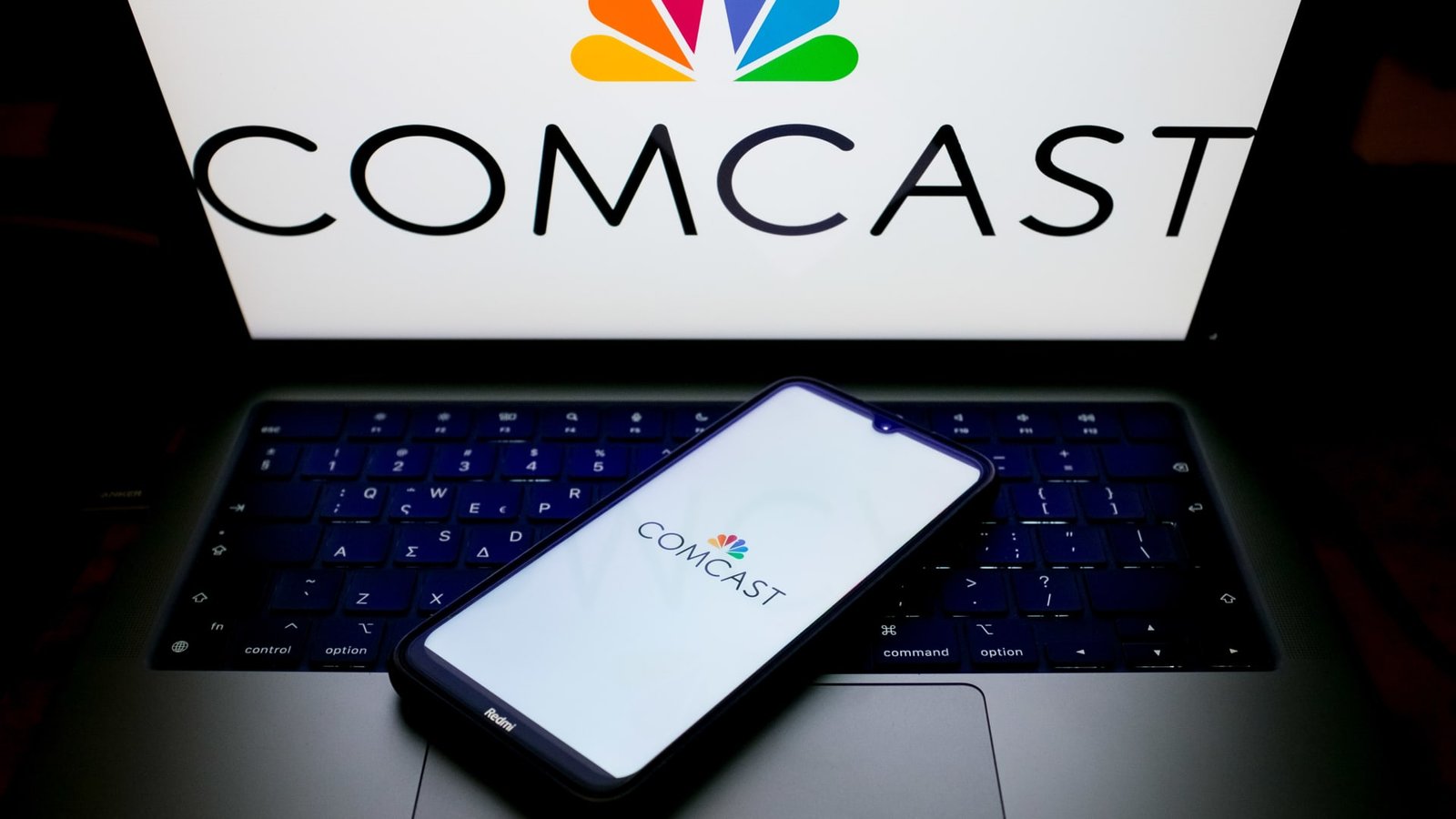Comcast shares saw a slight increase on Wednesday following the announcement of its plan to spin off all of NBCUniversal’s cable networks, with the exception of Bravo, into a separate publicly traded entity. The move was met with initial indifference from investors, highlighting the uncertainty surrounding the decision.
Comcast’s aim is to boost its shares by divesting itself of underperforming assets. While cable networks remain profitable, they are losing subscribers and revenue annually as more Americans switch from traditional pay TV to streaming services. This shift could weigh down Comcast’s shares, as Wall Street tends to be wary of assets with declining revenue and profit.
The spinoff introduces a level of ambiguity, as it remains unclear how much Comcast investors will be affected. The NBCUniversal cable networks, which brought in approximately $7 billion in revenue over the past year, are relatively small compared to Comcast’s total revenue of around $116 billion.
The future success of the spun-off company as a publicly traded entity is uncertain. If Comcast is offloading cable networks due to investor disapproval, it raises questions about the appeal of a company comprised of declining assets.
Disney opted against spinning off its cable assets, recognizing that the lost earnings from separating profitable networks could outweigh any potential benefits. Unlike NBCUniversal’s cable networks, Disney’s networks are more closely integrated with its streaming platforms.
The new entity, tentatively named “SpinCo,” could generate cash and offer dividends to investors seeking opportunities in declining assets. However, this strategy is more commonly associated with private equity. It is possible that cable networks may transition to private ownership focused on maximizing cash flow.
SpinCo’s CEO-to-be, Mark Lazarus, might explore new licensing agreements with other streaming services now that the cable assets are no longer solely tied to Peacock. This could allow profits to be reinvested in businesses like CNBC and MSNBC, rather than being directed towards Peacock and NBCUniversal’s theme parks.
Another potential direction for the spinoff is to serve as a consolidation platform for other cable networks. Comcast is structuring SpinCo with minimal debt, suggesting the possibility of absorbing debt from entities like Warner Bros. Discovery or Paramount Global.
Comcast’s motives for the spinoff may not guarantee immediate success for investors, but they could signal a shift in the media industry towards consolidation. Industry leaders have emphasized the need for consolidation to strengthen businesses and enhance the consumer experience.
In the context of a potential merger in a Trump administration, shedding MSNBC could be advantageous for Comcast. The company’s shares closed up by 1.5% on Wednesday.
Disclosure: Comcast’s NBCUniversal is the parent company of CNBC.




